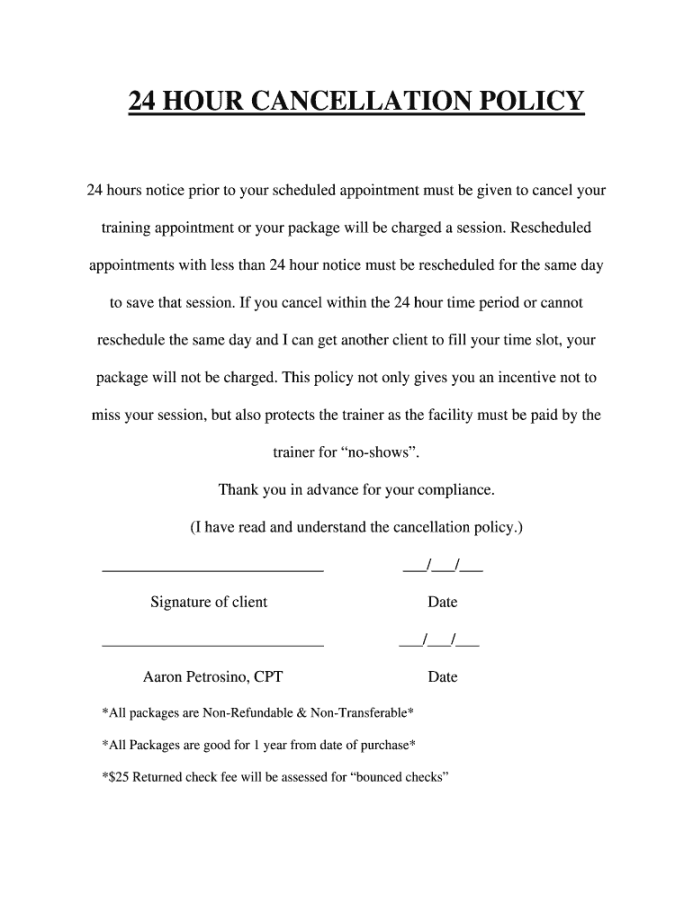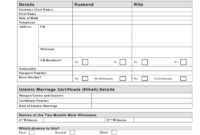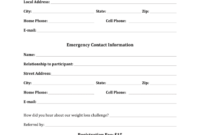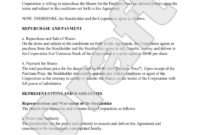Crafting a Clear and Professional Cancellation Policy
A well-defined cancellation policy is a crucial component of any personal training business. It outlines the expectations and procedures regarding session cancellations, ensuring fairness and transparency for both trainers and clients. This template provides a comprehensive guide on creating a professional personal training cancellation policy that effectively communicates your business’s policies.

Core Elements of a Cancellation Policy
1. Cancellation Window:
Clearly specify the cancellation window, which is the timeframe within which clients must notify you of their intent to cancel a session. This window should be reasonable, allowing for unforeseen circumstances while also providing you with sufficient time to reschedule or fill the slot.
2. Cancellation Fees:
Outline the cancellation fees that apply if a client cancels a session within the specified window. Consider implementing a graduated fee structure, where the fee increases as the cancellation approaches the scheduled time. This discourages late cancellations while still accommodating legitimate reasons.
3. Late Cancellations and No-Shows:
Address the consequences of late cancellations or no-shows. Late cancellations, defined as those made within a short timeframe of the scheduled session, may incur a higher fee or result in the loss of the session. No-shows may result in a full session fee being charged.
4. Weather-Related Cancellations:
If your business operates outdoors or in areas prone to inclement weather, establish guidelines for weather-related cancellations. Specify under what conditions sessions will be canceled and whether clients will be charged a fee.
5. Rescheduling:
Provide information on the rescheduling process. Indicate whether clients can reschedule canceled sessions, and if so, what restrictions or limitations apply. This flexibility can enhance client satisfaction and retention.
6. Make-Up Sessions:
Consider offering make-up sessions for missed sessions due to unforeseen circumstances. Outline the criteria for eligibility and the process for scheduling make-up sessions. This gesture demonstrates your commitment to client satisfaction and can foster loyalty.
7. Force Majeure:
Address situations beyond your control, such as natural disasters or pandemics, which may necessitate the cancellation of sessions. Outline the procedures for handling such events and the options available to clients.
Design Considerations
1. Clarity and Conciseness:
Use clear and concise language that is easy to understand. Avoid jargon or technical terms that may confuse clients.
2. Professional Formatting:
Present the policy in a professional and visually appealing format. Use headings, bullet points, or numbered lists to enhance readability.
3. Consistency with Branding:
Ensure that the policy’s design and tone align with your overall brand identity. Use consistent fonts, colors, and imagery.
4. Accessibility:
Make the policy easily accessible to clients. Include it on your website, in your training contracts, and in any marketing materials.
Example Policy Structure
Cancellation Policy
Cancellation Window: Clients must provide at least 24 hours’ notice of cancellation.
Additional Considerations
Review and Update: Regularly review and update your cancellation policy to ensure it remains relevant and effective.
By following these guidelines and tailoring the template to your specific business needs, you can create a professional and effective personal training cancellation policy that fosters trust and transparency between you and your clients.


